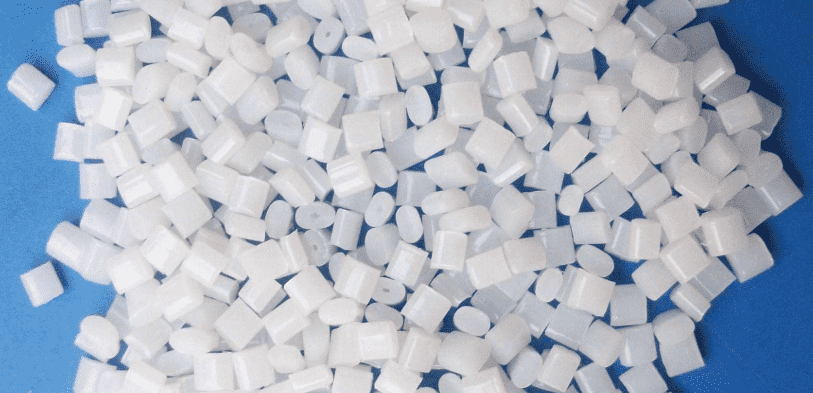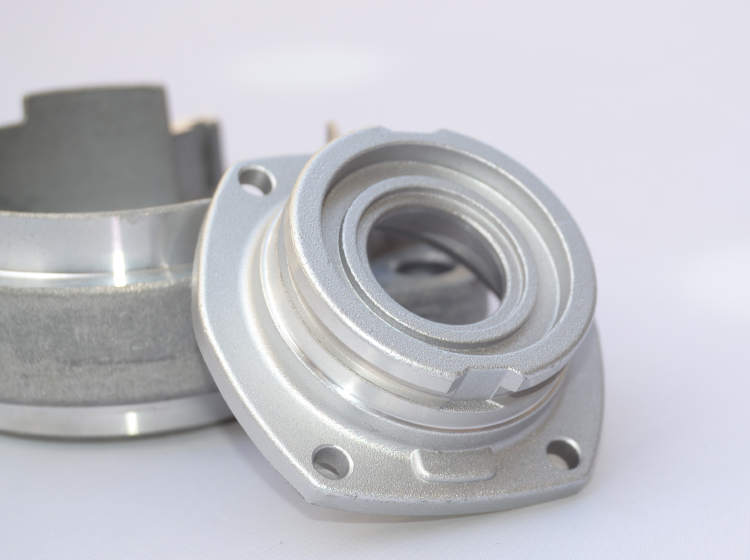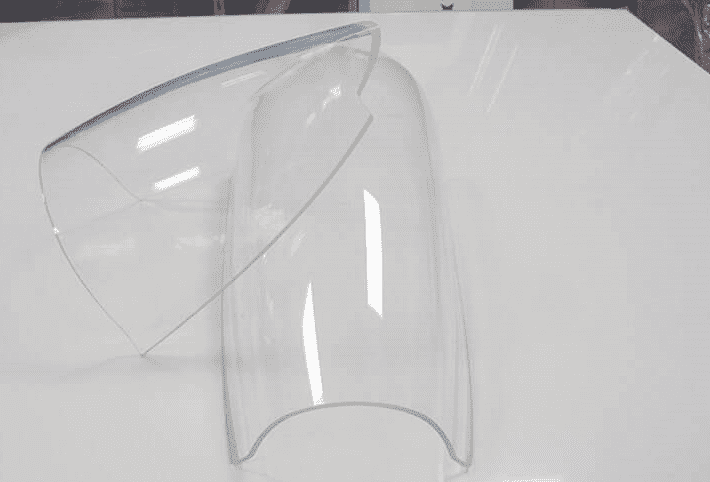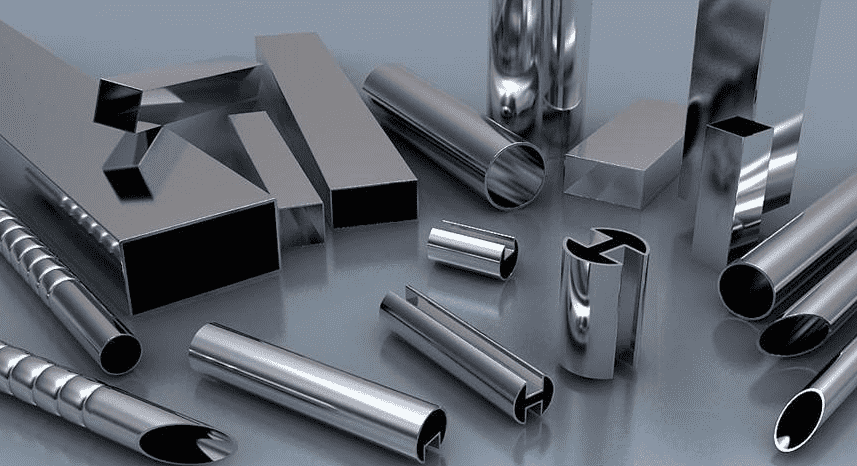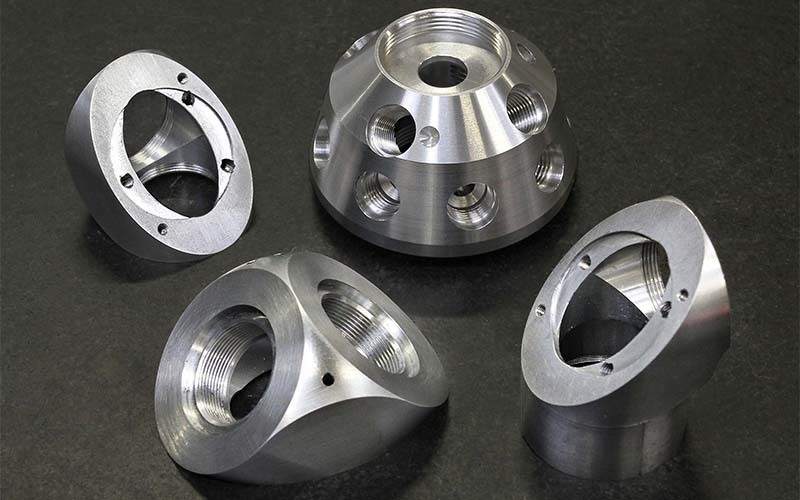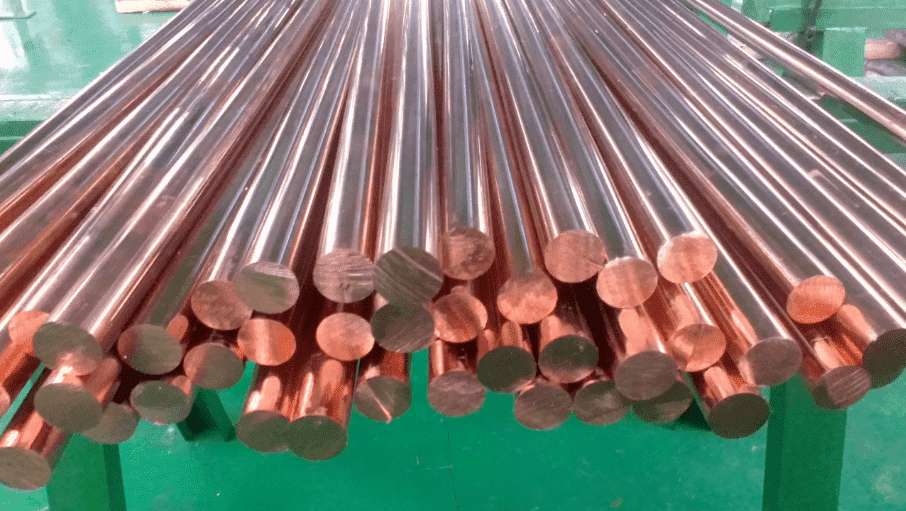English name: Polyoxymethylene(Polyformaldehyde) Chemical name: Polyformaldehyde A kind of synthetic resin, also known as polyoxymethylene resin, POM plastic, Saigang material, etc.; it is a white or black plastic particle with high hardness, high rigidity and high wear resistance. Mainly used in gears, bearings, auto parts, machine tools, instrument internals and other products that play a…
Introducción El zinc es uno de los elementos más versátiles de la naturaleza y tiene un imperio de aplicaciones. Eche un vistazo a los equipos médicos sencillos en las herramientas de la industria automotriz. El zinc es un elemento revolucionario para todas nuestras vidas. La introducción de la aleación de zinc ha fortalecido aún…
El titanio es uno de los metales más resistentes. Debido a su resistencia a la corrosión, se utiliza ampliamente. Muchos fabricantes utilizan titanio puro con otros elementos de aleación. Sin embargo, este metal es el menos comprendido. La gente no conoce la clasificación, las características y las aplicaciones de las aleaciones de titanio. A pesar…
1. The type of raw materials used for plastic processing in Guangdong: PET/PVC/PS; material characteristics: PET has a high melting point, good toughness, high transparency, high strength, anti-static, and environmental protection; PVC has good toughness, transparency, and can be used for surface treatment; PS Environmental protection, high strength, easy to break, and good thermoforming performance;…
El magnesio se parece al aluminio, pero tiene propiedades únicas que lo hacen ideal para diferentes industrias. Es el tercer elemento más abundante presente (disuelto) en el agua de mar. Además, su presencia en la corteza terrestre también es notable. Es fundamental comprender las propiedades y aplicaciones del magnesio. Las propiedades del magnesio lo hacen…
Stainless steel is divided into martensite and austenite, ferrite and duplex. 1. Martensitic chromium stainless steel is mainly low-carbon or high-carbon steel with chromium content in the range of 11.5%-18%. Designations 403, 410, 414, 416, 416 (Se), 420, 431, 440A, 440B and 440C, the corrosion resistance of these steels comes from «chromium». The martensitic stainless…
What is the most commonly used material for 3D printing? It is estimated that the first material that comes to mind in the 3D printing industry is photosensitive resin. Photosensitive resin is a kind of 3D printing material. It is similar to ABS material. It has a smooth surface and high precision. The surface can…
1 Carbon structural steel: Q195-Q195F, Q195b, Q195, Q215-Q215AF, Q215Ab, Q215A, Q215BF, Q215Bb, Q215B, Q235-Q235AF, Q235Ab, Q235A, Q235BF, Q235Bb, Q235B, Q235C, Q235D, Q255-Q255A, Q255B, Q275-Q275 2 Low alloy high strength structural steel: Composition of general low alloy high strength structural steel grades Q295-Q295A, Q295B, Q345-Q345A, Q345B, Q345C, Q345D, Q345E, Q390-Q390A, Q390B, Q390C, Q390D, Q390E, Q420-Q420A, Q420B,…
Chinese copper processing materials can be divided into: ordinary copper (T1, T2, T3, T4), oxygen-free copper (TU1, TU2 and high-purity, vacuum oxygen-free copper), deoxidized copper (TUP, TUMn), adding a small amount of alloy Elements of special copper (copper arsenic, tellurium copper, silver copper) four categories. The electrical conductivity and thermal conductivity of red copper is…
Bronze has the characteristics of low melting point, high hardness, strong plasticity, wear resistance, corrosion resistance, bright color, etc. It is suitable for casting various appliances, mechanical parts, bearings, gears, etc. Bronze categories include food, wine, water, musical instruments, weapons, carts, agricultural implements and tools, currency, seals and symbols, weights and measures, bronze mirrors, and…

 English
English Deutsch
Deutsch Français
Français 日本語
日本語
